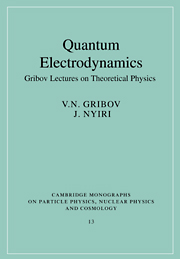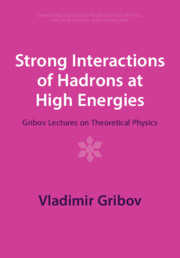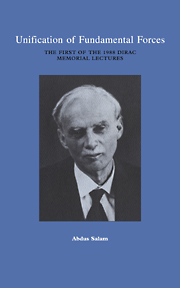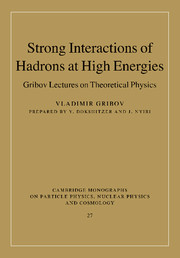Elementary Particles and the Laws of Physics
Perhaps the two most important conceptual breakthroughs in twentieth century physics are relativity and quantum mechanics. Developing a theory that combines the two seamlessly is a difficult and ongoing challenge. This accessible book contains intriguing explorations of this theme by the distinguished physicists Richard Feynman and Steven Weinberg. Richard Feynman's contribution examines the nature of antiparticles, and in particular the relationship between quantum spin and statistics. In his essay, Steven Weinberg speculates on how Einstein's theory of gravitation might be reconciled with quantum theory in the final laws of physics. Both these Nobel laureates have made huge contributions to fundamental research in physics, as well as to the popularization of science. Anyone interested in the development of modern physics will find this a fascinating book.
- Feynman and Weinberg are both Nobel Prize-winners for physics
- Feynman and Weinberg are both best-selling popular science and textbook authors
- Hardback edition has sold over 13,000 copies
Reviews & endorsements
"...a book that all physicists will be pleased to have on their shelves, and one that will surely stimulate aspiring theoretical physicists." New Scientist
Product details
July 1999Paperback
9780521658621
122 pages
183 × 126 × 9 mm
0.13kg
28 b/w illus. 1 table
Available
Table of Contents
- Foreword John C. Taylor
- 1. The reason for antiparticles Richard P. Feynman
- 2. Towards the final laws of physics Steven Weinberg.






